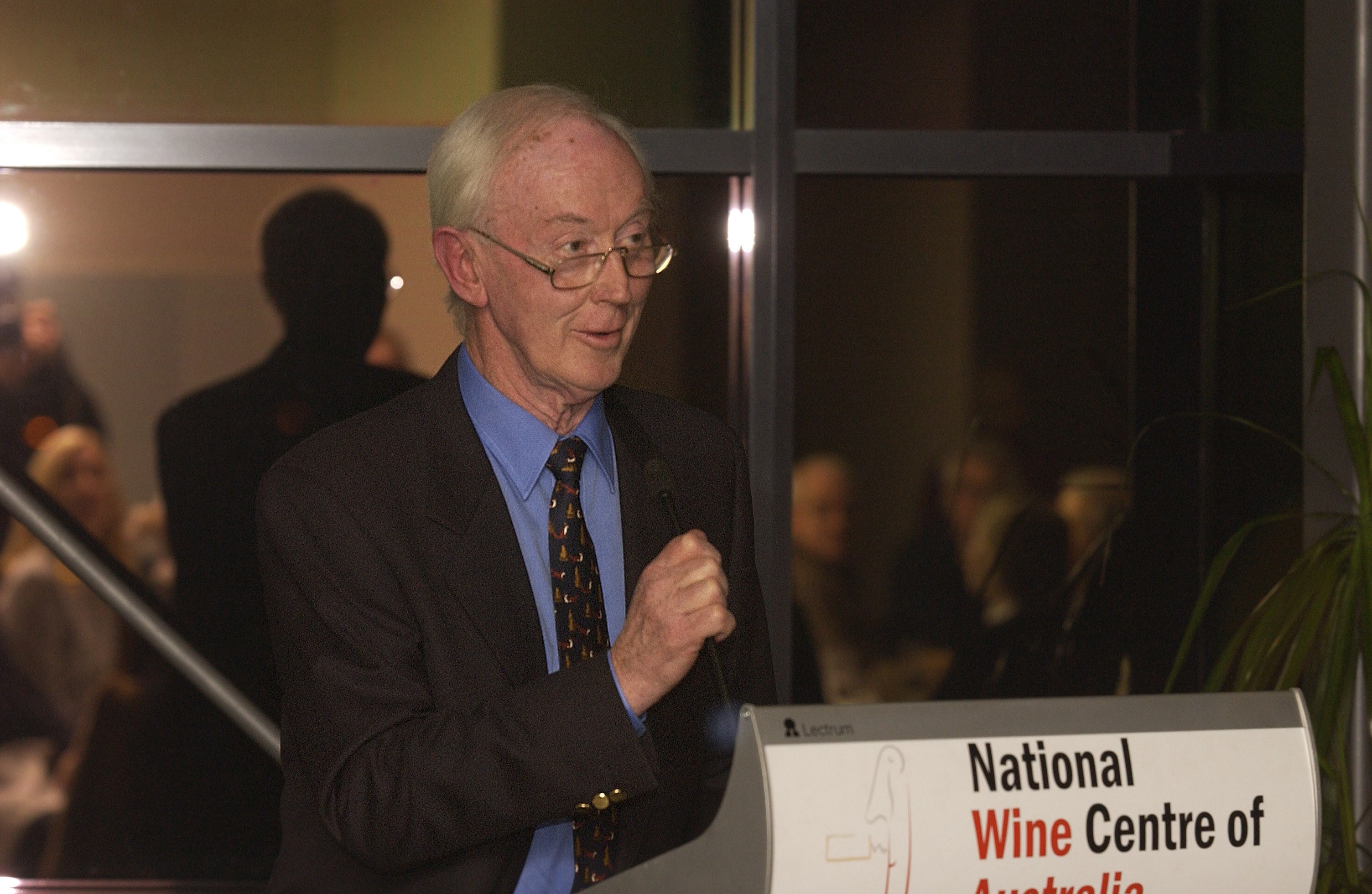
Flinders is mourning the passing of the University’s Foundation Chair of Surgery, Professor James McKinnon Watts.
Professor Watts made a number of landmark contributions to surgery, two of which occurred while he was in Adelaide.
An innovative population-based study in Strathalbyn which contributed to our knowledge of diet and a variety of gastrointestinal disorders was the first.
It was followed by his bringing together of the three university surgical departments in Adelaide to conduct the Adelaide Obesity Study. The study explored merits of three types of operations for the treatment of obesity. It was one of the early clinical studies which demonstrated that prospective randomized studies can be done in surgery – something which at the time was considered almost heretical.
Born in Bendigo, Victoria, Professor Watts attended Geelong College, where he excelled and graduated as dux of his class in 1950. Graduating from the University of Melbourne with an MBBS in 1956, his residency years were at Royal Melbourne Hospital, where he was initially attracted to specialising in medicine. However, appendicitis intervened at the time those selections were made and, so, surgery it became.
He was appointed surgical registrar at the Alfred Hospital in Melbourne and was awarded the distinction of FRACS in General Surgery in 1962.
Professor Watts had an interest in clinical research from the outset, and between 1962-1964 worked in the Department of Surgery in Leeds, UK, where he held the positions of Surgical Research Fellow and then Lecturer in Surgery.
During 1964-65, he became Research Fellow in the Department of Surgery, University of California Medical Centre, San Francisco.
He and his family returned to Melbourne, where from 1965-68 he worked as Senior Lecturer in the Department of Surgery, Monash University, at the Alfred Hospital. In 1968 he was appointed to the Foundation Chair of Surgery at Prince Henry’s Hospital in Melbourne. This was the second surgical chair at Monash University. During his time in surgery he made significant contributions to academia.
He was the first Surgeon President of the Gastroenterological Society of Australia, and during his presidency led a successful bid to host the World Congress of Gastroenterology held in Sydney in 1990.
Professor Watts moved to Adelaide in 1975 to the Foundation Chair of Surgery at the new Medical School at Flinders University – a position he held until mid-1983 when he resigned to pursue other interests.
He went on to develop a successful private surgical practice, largely based at Ashford Private Hospital.
At the same time Professor Watts, his family and partners established a successful vineyard and winery in McLaren Vale: Fox Creek Wines. He retired from surgery in 1995 and put all of his energies into Fox Creek.
His close friend Flinders Emeritus Professor of Surgery, James Toouli, said Professor Watts was a “remarkable man who had three successful careers in his 84 years”.
“He was a very accomplished academic surgeon, being one of only a few to have held two foundation chairs of surgery, and he had a highly successful private practice,” said Professor Toouli.
“He also guided and developed a most successful vineyard and winery that is much admired by industry peers.
“Jim was a gentle man. He was thoughtful and supportive but also had a twinkle in his eye that may have suggested a mischievous nature. This is partly what made him so endearing.
“He was knowledgeable not only in medicine and surgery and, later in life, viticulture, but also in many issues that concern the world at large. He was widely read and had an ongoing interest in the arts.
“He and his wife Helen were very excited to come to live in Adelaide in the late 1970s, just as Adelaide was becoming the cultural centre of Australia with its bi-annual Festival of Arts and emerging café society.”
Professor Watts is survived by his wife Helen and four children: Kristin, Sarah, Georgy and Paul.

